I’m the farm manager at Finnegan’s Farm in Co Meath. I just live down the road from it myself; only a stone’s throw away. They’re in Kentstown, which is just outside Navan, then I’m just outside Slane. You’d be lucky enough; you’d be working close to home all the time.
I’ve a bit of beef stock at home. Nothing too major, just to keep the grass down. That’s all it is, a hobby. I went to Dundalk Institute of Technology (DkIT). I studied ag science for three years and then I specialised in food and agri business for another year.
Choosing that, my thought process was probably, everybody has to eat no matter what. You’ll always be guaranteed a job no matter what time of the year it is, basically. I came to Finnegan’s straight out of college. I went into quality assurance first, and I’ve been the farm manager for coming on four years now, in the next two to three months, I’d say.
At Finnegan’s we farm 2,500ac of spuds, tillage and veg. There’s also 170 sucklers. We supply potatoes and Brussels sprouts direct to retail and run an on-farm kitchen; producing ready-made side dishes using second-grade veg.
I fell on my feet really, when I came to Finnegan’s, because obviously they’ve the farming side of it and they’ve the food production side of it. So you get a feel for everything that’s going on in terms of the farming side of it, while I’m still in the thick of their food production. I’m very lucky in terms of where I am, that I get to do a bit of both.
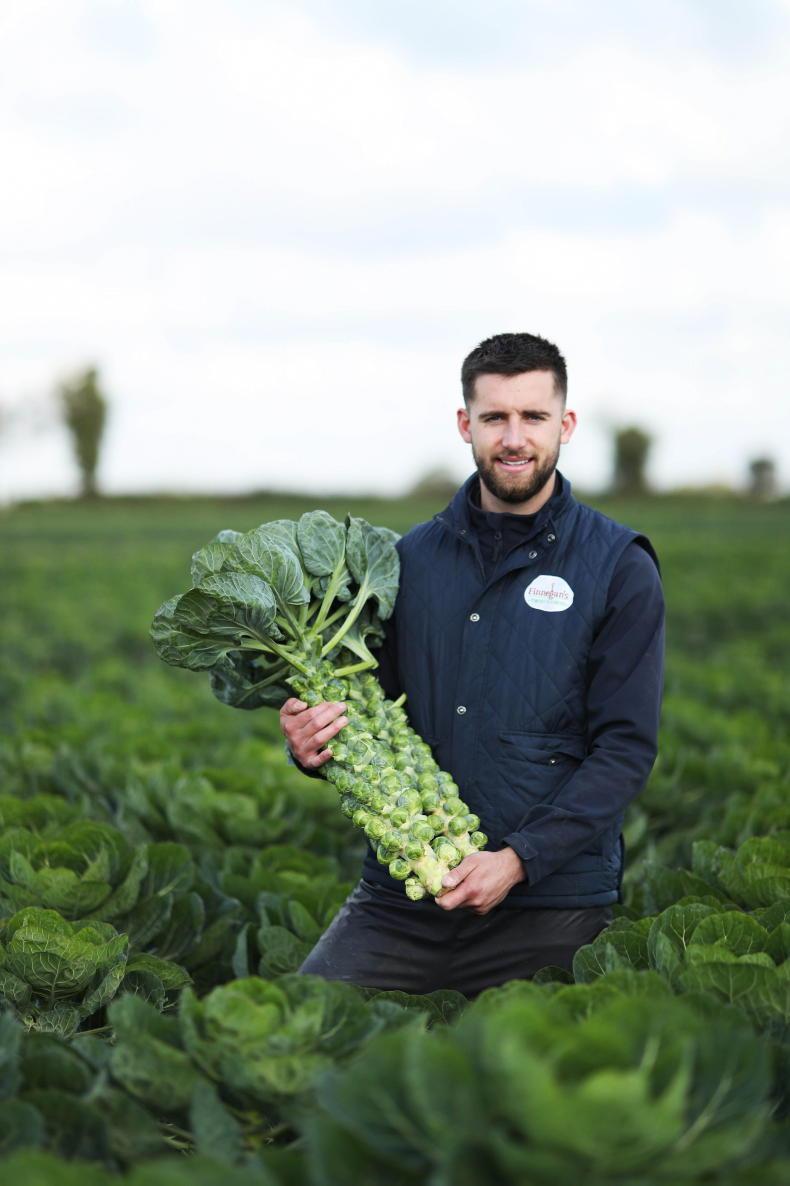
John Smith studied ag science at DkIT.
Recently we got involved with a Bord Bia campaign to highlight what farmers are doing to help the environment. We’d be what you’d call a closed circle farm. We’re actually farming the crop, we’re packing it for fresh produce and then for any second-grade veg we’ve the value-added side of the business, which is the kitchen.
Any waste of that, again, we’ve a digester, which is handling a fair percentage of our waste. We also have the cattle; some of our second-grade stuff is going towards our own cattle feed as well. The aim of the game is to be zero waste. To keep everything to a minimum and have a home for everything is the goal. I suppose we’re not too far off that at all now, you know.
It’s a busy spot in terms of we’ve a bit of everything going on. You need everything going on to get to that goal of zero waste.
Brussels sprouts
Sprouts are the next up and coming superfood, in my opinion. If you research it, in the United States, after beetroot, it’s their next superfood. It has anti-carcinogenic properties, it has vitamins, it has minerals.
We’d be always trying to highlight that Brussels sprouts aren’t just a Christmas vegetable; it’s there seven months of the year. And it should be a lot more present on supermarket shelves and in the trollies. You’ve 10 days there at Christmas where you put out over 50% of your crop to retail.
The main reason we chose sprouts to focus on for the sustainability campaign is that you’re growing a 4kg plant and you’re only taking 1kg of that off it. The rest is being left in the field. Obviously it’s broken down and turns to organic matter. It’s a very good crop for putting nutrients back into the soil for the following year.

John Smith, farm manager at Finnegan's Farm.
We plant sprouts from any time in April all through May. We’ve six varieties this year. You’ve two early varieties, two main varieties and then you’ve one to two late varieties. You split them up over five plant dates. That means you’re not getting your 200t of sprouts all in the one week.
We start to harvest at the end of September and we’ll finish roughly around Paddy’s Day. That’s always just the day you’d be aiming for. But it all depends - last year we finished at the end of January because yields were low. This year it looks like it’ll probably be the end of February to the middle of March.
I’d probably have more interest now, in the crop side of it than the beef side of it. Especially on the sprouts; I was always working with sprouts, growing up. Through college it was nearly a part-time job for me, with a different farmer. When I came here I kind of took that one under my wing.
I’m very lucky in that I get to do a bit of everything I studied. I’m not just stuck in the one area, or I’m not just stuck in an office doing a repetitive day. Every day is different for me; that’s the beauty of it. You’re outside, you’re in the air – it doesn’t get much better than that.
Read more
My Country Living: 'I can’t divulge the secret recipe'
My Country Living: merging technology and practice
I’m the farm manager at Finnegan’s Farm in Co Meath. I just live down the road from it myself; only a stone’s throw away. They’re in Kentstown, which is just outside Navan, then I’m just outside Slane. You’d be lucky enough; you’d be working close to home all the time.
I’ve a bit of beef stock at home. Nothing too major, just to keep the grass down. That’s all it is, a hobby. I went to Dundalk Institute of Technology (DkIT). I studied ag science for three years and then I specialised in food and agri business for another year.
Choosing that, my thought process was probably, everybody has to eat no matter what. You’ll always be guaranteed a job no matter what time of the year it is, basically. I came to Finnegan’s straight out of college. I went into quality assurance first, and I’ve been the farm manager for coming on four years now, in the next two to three months, I’d say.
At Finnegan’s we farm 2,500ac of spuds, tillage and veg. There’s also 170 sucklers. We supply potatoes and Brussels sprouts direct to retail and run an on-farm kitchen; producing ready-made side dishes using second-grade veg.
I fell on my feet really, when I came to Finnegan’s, because obviously they’ve the farming side of it and they’ve the food production side of it. So you get a feel for everything that’s going on in terms of the farming side of it, while I’m still in the thick of their food production. I’m very lucky in terms of where I am, that I get to do a bit of both.

John Smith studied ag science at DkIT.
Recently we got involved with a Bord Bia campaign to highlight what farmers are doing to help the environment. We’d be what you’d call a closed circle farm. We’re actually farming the crop, we’re packing it for fresh produce and then for any second-grade veg we’ve the value-added side of the business, which is the kitchen.
Any waste of that, again, we’ve a digester, which is handling a fair percentage of our waste. We also have the cattle; some of our second-grade stuff is going towards our own cattle feed as well. The aim of the game is to be zero waste. To keep everything to a minimum and have a home for everything is the goal. I suppose we’re not too far off that at all now, you know.
It’s a busy spot in terms of we’ve a bit of everything going on. You need everything going on to get to that goal of zero waste.
Brussels sprouts
Sprouts are the next up and coming superfood, in my opinion. If you research it, in the United States, after beetroot, it’s their next superfood. It has anti-carcinogenic properties, it has vitamins, it has minerals.
We’d be always trying to highlight that Brussels sprouts aren’t just a Christmas vegetable; it’s there seven months of the year. And it should be a lot more present on supermarket shelves and in the trollies. You’ve 10 days there at Christmas where you put out over 50% of your crop to retail.
The main reason we chose sprouts to focus on for the sustainability campaign is that you’re growing a 4kg plant and you’re only taking 1kg of that off it. The rest is being left in the field. Obviously it’s broken down and turns to organic matter. It’s a very good crop for putting nutrients back into the soil for the following year.

John Smith, farm manager at Finnegan's Farm.
We plant sprouts from any time in April all through May. We’ve six varieties this year. You’ve two early varieties, two main varieties and then you’ve one to two late varieties. You split them up over five plant dates. That means you’re not getting your 200t of sprouts all in the one week.
We start to harvest at the end of September and we’ll finish roughly around Paddy’s Day. That’s always just the day you’d be aiming for. But it all depends - last year we finished at the end of January because yields were low. This year it looks like it’ll probably be the end of February to the middle of March.
I’d probably have more interest now, in the crop side of it than the beef side of it. Especially on the sprouts; I was always working with sprouts, growing up. Through college it was nearly a part-time job for me, with a different farmer. When I came here I kind of took that one under my wing.
I’m very lucky in that I get to do a bit of everything I studied. I’m not just stuck in the one area, or I’m not just stuck in an office doing a repetitive day. Every day is different for me; that’s the beauty of it. You’re outside, you’re in the air – it doesn’t get much better than that.
Read more
My Country Living: 'I can’t divulge the secret recipe'
My Country Living: merging technology and practice






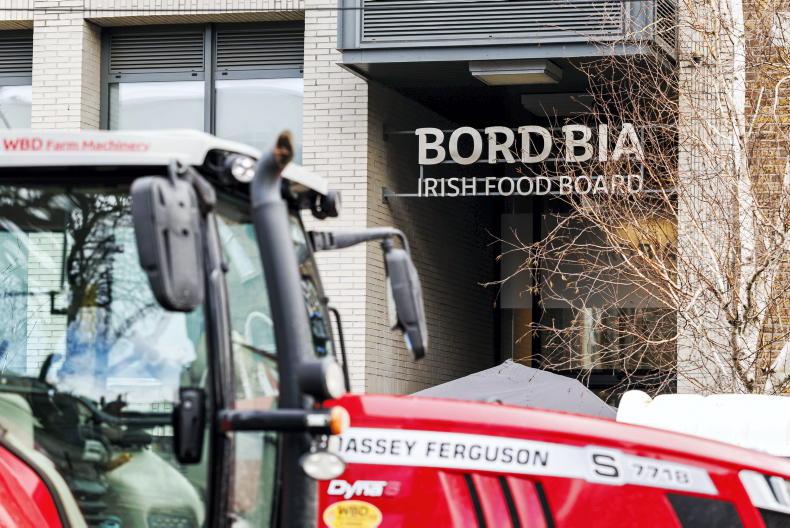

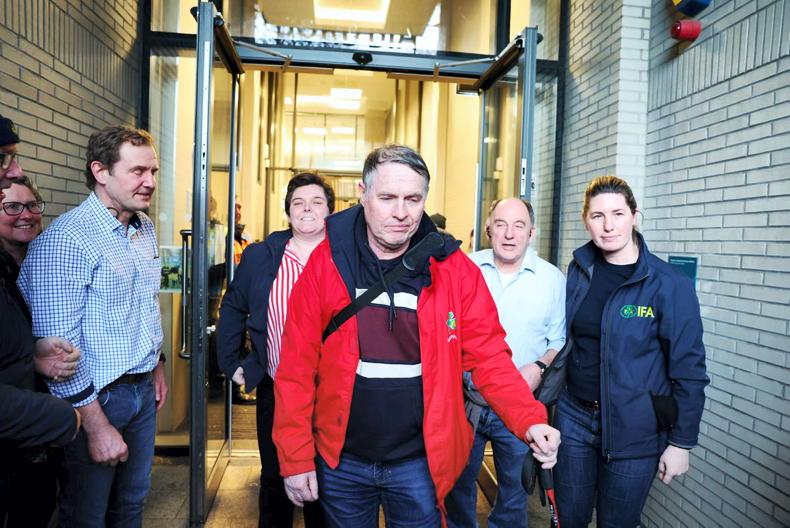
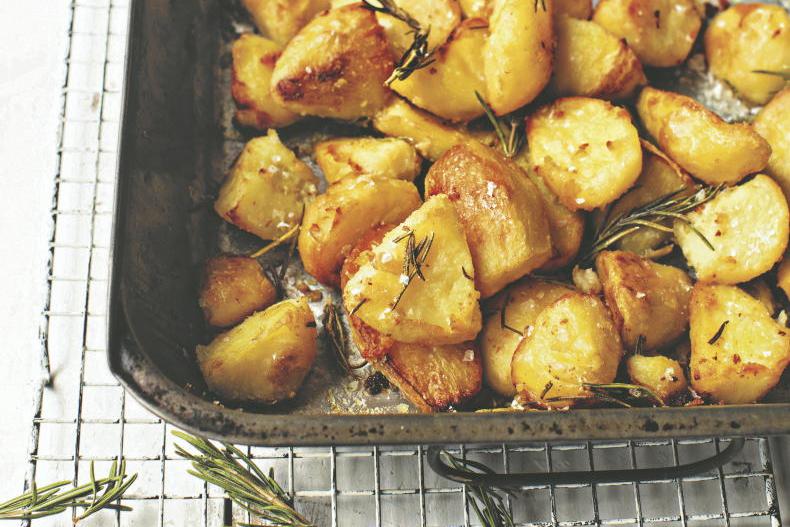
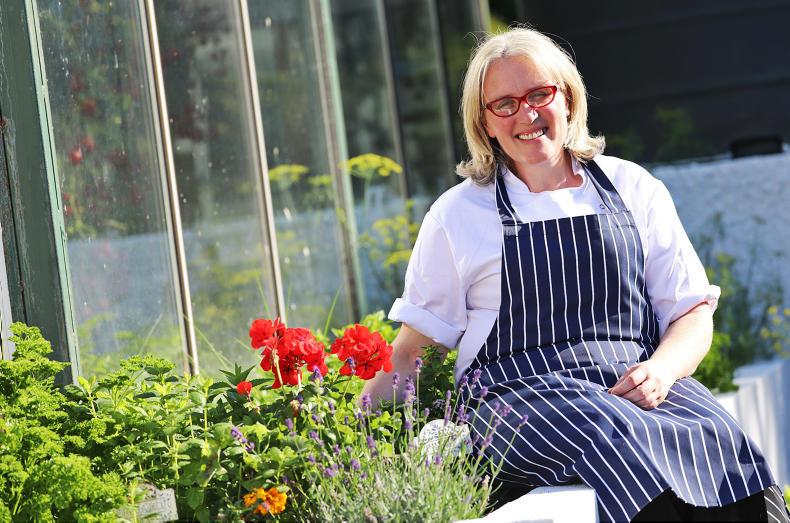
SHARING OPTIONS